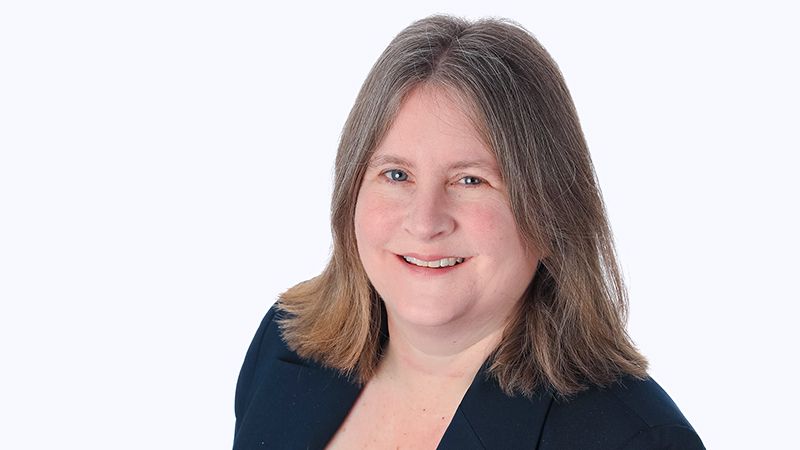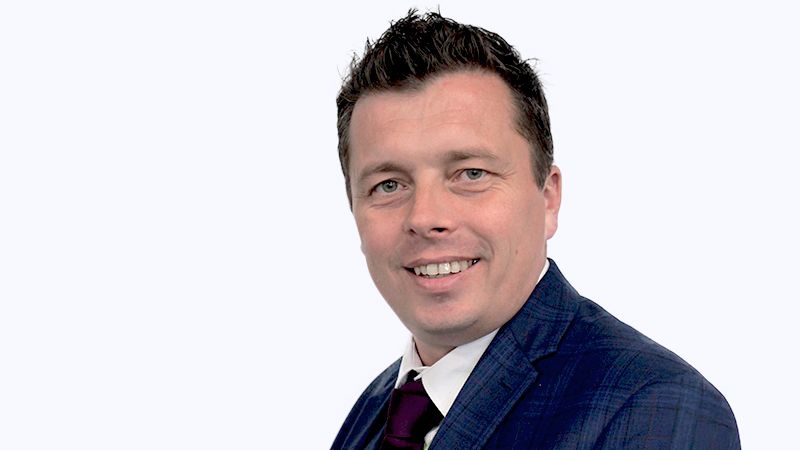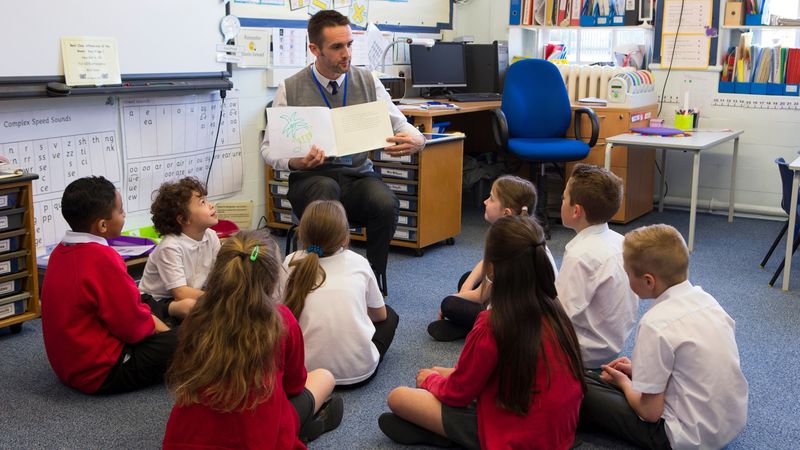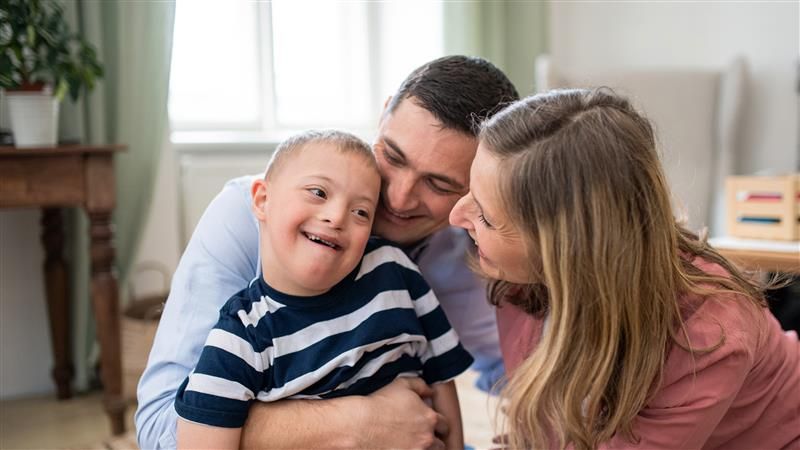Whether your child is starting primary, secondary or post-16 education, staff are working behind the scenes to make sure every child feels supported, understood, and ready to thrive from day one. From transition days to tailored support plans, teachers and key workers are sharing vital information and putting thoughtful preparations in place.
While you’re helping your child get ready for this exciting new chapter, rest assured: their new school is doing the same.
In this article, teachers from primary, secondary and post-16 settings (who are volunteer Inclusion Champions for Kent, passionate about making sure all children and young people feel included in school life) explain how they approach school transitions.

Inclusion champion Kate Le Page
Starting primary school
Inclusion Champion Kate Le Page, and Head Teacher at The Wells Free School in Tunbridge Wells, says one of the most important ways her team prepares for a new reception class is to visit each pupil’s current nursery setting.
She said: “We speak to the child’s key workers in that setting and the SENCO to see what their needs are.
“We meet that child in their current setting and particularly for children with SEND, we spend about 45 minutes with the child and then talk to their key worker. We take an in-depth look at their needs, and we also talk to parents.”
These conversations all take place behind the scenes while children themselves are immersed in sessions of messy play, teddy bear picnics, and meeting their new teachers ahead of September.
While transitions are mainly on people’s minds at the end of the school year, Mrs Le Page says the process can sometimes take a whole year of careful planning.
“When we have our open days between October and January, we try to speak to every parent about their child and what their individual needs might be,” she added.
“If they've got children with SEND, we'll start to work with those families from that point so sometimes the transition process can be up to a whole year.
“Then from offer day, we check to see who's been offered a place to ensure we can best support them as individuals.”
Evenings for parents to chat with staff and answer any questions they may have will also be arranged.
Mrs Le Page added: “We talk about allergies, uniform, contact and communication. If there are any family situations that we should know about, we talk very openly about the fact we're here and we want to listen.
“So, by the time they start with us in September, we've met them and their family five or six times at least, and for children with SEND we've probably met them more than that. Sometimes we have families come in more if their child has a particularly high level of need.”
Come September, the transitions take a slower pace. The class is split in two across different mornings and built up from there.
It allows staff time to carry out home visits, something Mrs Le Page says can be “hugely beneficial”.
“We try and talk to parents of SEND children to say, please don't worry about sharing things with us because most of our team here have SEND children ourselves so we're fully aware that they can present differently at home and at school,” she explained.
“We recognise that it is an adjustment for the whole family when a child starts primary school. We try very hard to get a rounded picture of a child before they arrive with us.”

Inclusion Champion Stephen Cartwright
Starting secondary school
Inclusion Champion, Stephen Cartwright, who is the Assistant Principal at The Marsh Academy in New Romney says secondary schools can often start preparing for pupils with SEND as early as Year 4.
He said: “Initially we have conversations with the parents and the young person themselves, to identify what it's like in their current setting, what provision they have, and what it all means for them.
“We also look at why they have chosen us as their secondary school, and we speak with the primary school straight away as part of preparing to meet the needs of that child. We don’t just speak to their class teacher, but also their SENCO to get an overall picture.”
Transition teams also carry out primary school visits to gather as much information as possible about each individual child.
Mr Cartwright added: “We'll have those conversations in Year 4 especially if there is a student that needs specific adaptations.
“That's why we need to look at it as early as we can. We have those communications early on to make sure we've got strategies in place from day one.”
Transition days are also extremely valuable, and Mr Cartwright says it is important for schools to offer extra transition days for students with SEND, but also for any other vulnerable students that have been identified by the primary school.
He added: “They can attend in small groups from their primary school with a member of staff from their school for familiarity. In some cases, we will invite them in again so for some students, they may have three or four different experiences coming in school just to make sure it's right for them.”

Inclusion Champion Paul Owen
Moving on to a post-16 setting
Inclusion Champion Paul Owen, and Principal at EKC Broadstairs College, says it’s important for settings to include young people at every stage of their transition process.
He said: “At 16, the young people joining us are involved in every single element. We don’t have meetings without them.
“We also rely a lot on parents to understand the journey that their young person has been on. It’s quite easy to get that balance right because we are listening to both parties.”
Once the college finds out they have a young person joining them with an additional learning need, there is a lot of work that starts before the enrolment stage.
Mr Owen explained: “It starts with an EHCP at their phase transfer consultation, that’s when we first find out they are potentially going to come to us.
“We will contact their schools to get as much information as we can which could range from behaviour support plans and strategies that are used to support those additional needs, so we can get that in place ready for the start of the academic year.
“If they have an additional need but don’t have an EHCP, as soon as we find out they have applied to our setting and they have met with our inclusive learning team, we will still go through that same process.”
Taster and transition activities will also be set up in the run up to September, usually through terms five and six, but often more can be arranged depending on a young person’s needs.
He added: “That could be transition into their vocational area, they could come and do some tasters, it could be transition into other provisions we have like our hub which is a specialist provision for those who present with autism and high levels of anxiety. It could be that we just do general transition tours of the college.”
Training staff to be able to meet the needs of new young people with specific needs is also part of the ongoing transition process they make sure is in place for September.
Mr Owen added: “One of the messages we like to get out is, the earlier you apply the better because then we can start that transition and information gathering process earlier.
“There is a huge amount of support available in Further Education and things have developed a lot so people don’t necessarily know what we can offer.
“My message to SEND parents is, come and see what we do, we are open, and we want to hear from you.”




